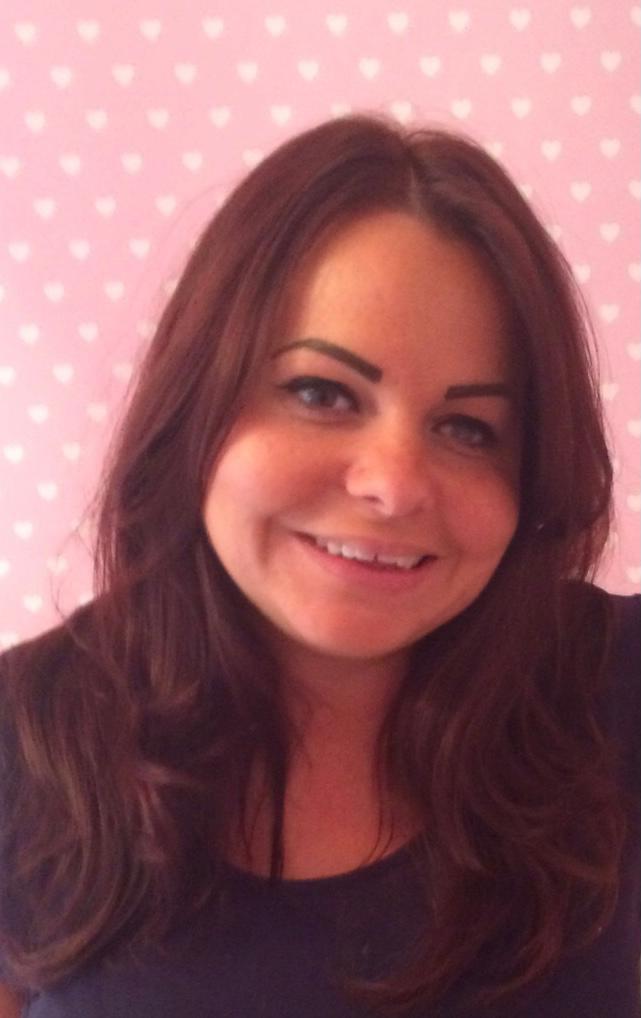Life is predictably unpredictable. Things happen randomly, unexpectedly, and out of our control. A breast cancer diagnosis for example is such a life event. Similarly, after breast cancer treatment has finished, you can’t predict how you recover. You may find changes to the breast, or experience certain symptoms that you are not particularly sure of. You may also find that you need support for your mental well-being. All of these don’t happen on a particular day at a particular time. So, what happens when you do find unusual symptoms and need help?
Open access follow-up (OAFU)
An open-access follow-up (OAFU) service may be the solution. This is an alternative way of following up with those who have finished treatment for their primary breast cancer.
Traditionally, after completing your breast cancer treatment, you would be seen in a clinic once a year. During this consultation, you would have a clinical examination, and usually a mammogram too. This annual follow-up usually continues for a period of either 3 years or 5 years and then you would be discharged to the care of your GP.
However, as we know, things do not happen in a yearly cycle. Symptoms or concerns may be experienced in 6 months or even 18 months. And so this yearly follow-up system may be considered slightly rigid and inflexible.
An open-access follow-up service changes all this. Instead of only having yearly follow-ups, you have the flexibility of getting support and help whenever you need it. A contact number is provided and you can contact this if and when you feel a need to discuss a certain concern or worry. You will then be triaged and directed to the appropriate person depending on the problem.

In this episode, Kieva Noble who runs such a service discusses how an open-access follow-up service works. We talk about how she addresses the holistic needs of patients, who is eligible to join and what happens when someone does indeed need help and support.
She receives positive feedback from patients who are enrolled in this service, even from those who joined after having been in the traditional follow-up system.
If you want to learn more about what OAFU is all about, then this is the episode to listen to.
You can find out more about the merits of both the traditional way of patient follow-up vs this alternative method by reading this article.
Can you help out?
If you are enjoying the My Breast My Health podcast and find it useful, I would be really grateful if you could leave a rating and review. This will help me produce more content and bring value to more people.
You can do this by clicking on Apple Podcast, scroll down to the bottom, rate with the stars and then select ‘Write a Review’. Do let me know which episodes you found useful and what you loved about them.
If you want to make sure you don’t miss out on future episodes, then do subscribe to the podcast. You can do it at Apple Podcast, Stitcher, Spotify, iHeartRadio, Google Podcasts and other podcast apps that take your fancy.
If you want to learn more about the potential side effects of surgery, then you may want to listen to this episode here.
THANK YOU SO MUCH FOR LISTENING


